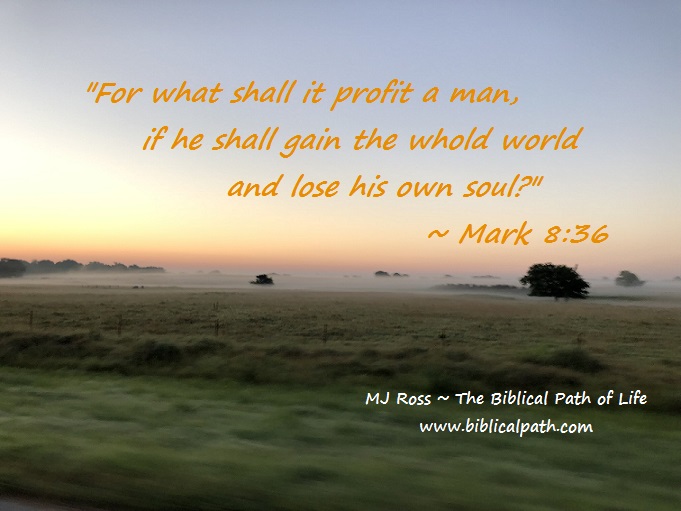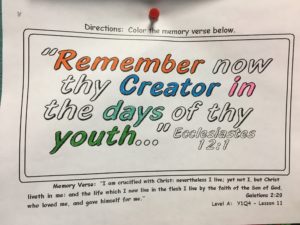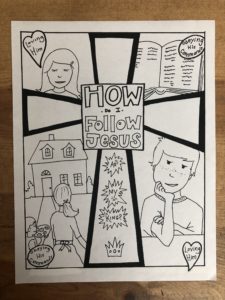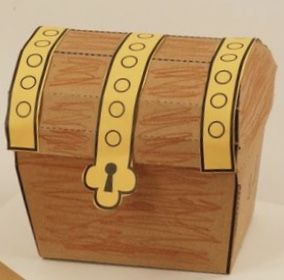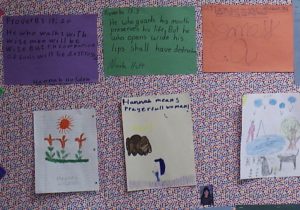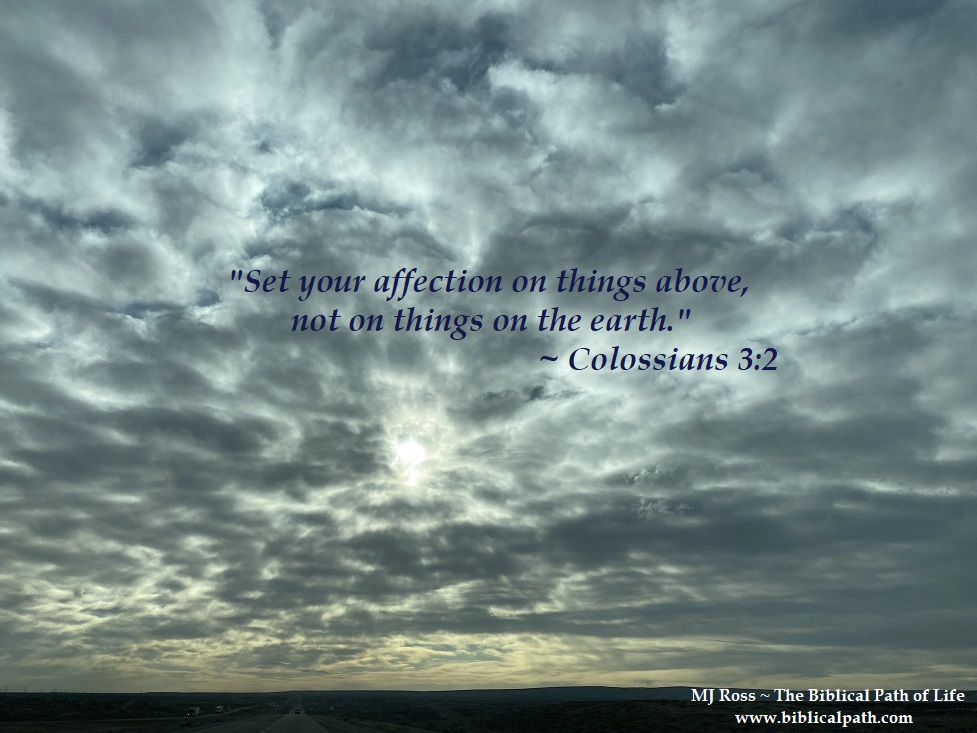
“Set your affection on things above, not on things on the earth.”
Colossians 3:2
Ecclesiastes was written by King Solomon, the man who had it all – riches, fame, a rich heritage, a personal relationship with God, and wisdom beyond measure. However, because King Solomon had not learned how to restrain his desires, he discovered that they were the cause of all of his vanity and vexation. Vanity means “anything that is futile or worthless”. Vexation means “something that disturbs or annoys; to trouble seriously”. King Solomon recognized the fool he had become in turning from God. Even with all of his wisdom, he did not have the answers of life. In Ecclesiastes chapter nine, he revealed that he learned there are two kinds of people: wicked or righteous. God takes care of the righteous, but all people will one day die. Only the righteous have hope (of eternity in heaven with Jesus).
An important thing to consider is that the teachings of Ecclesiastes present the philosophy of Man under the sun (of which Solomon referenced many times in chapters 1-8). He presents the inevitable conclusions by man, not the Christian’s worldview nor the representation of God’s viewpoint. One must remember that Solomon wrote as a man who chose to live his life apart from God as he tried to be happy.
Read Ecclesiastes 9:1–5. [Note: In brackets there are some thoughts and suggestions for the verses.]
“1. For all this I considered in my heart even to declare all this, that the righteous, and the wise, and their works, are in the hand of God: no man knoweth either love or hatred by all that is before them” (Ecclesiastes 9:1). [As Solomon continued to consider the vanity of life, he saw that the righteous, the wise, and their works were in God’s hand. “For what nation is there so great, who hath God so nigh unto them, as the LORD our God is in all things that we call upon him for?” (Deuteronomy 4:7).]
“2. All things come alike to all: there is one event to the righteous, and to the wicked; to the good and to the clean, and to the unclean; to him that sacrificeth, and to him that sacrificeth not: as is the good, so is the sinner; and he that sweareth, as he that feareth an oath” (Ecclesiastes 9:2). [There are two groups of people laid out here—the righteous and the wicked. We find “things” happen to all people, whether they are righteous or wicked.]
“3. This is an evil among all things that are done under the sun, that there is one event unto all: yea, also the heart of the sons of men is full of evil, and madness is in their heart while they live, and after that they go to the dead” (Ecclesiastes 9:3). [Life is not fair. Everyone will die.]
“4. For to him that is joined to all the living there is hope: for a living dog is better than a dead lion” (Ecclesiastes 9:4). [The righteous “joined to all the living” are those who have been saved and have Jesus in their hearts. There is a hope. See Solomon’s faith in what we now know. “19. If in this life only we have hope in Christ, we are of all men most miserable. 20. But now is Christ risen from the dead, and become the firstfruits of them that slept. 21. For since by man came death, by man came also the resurrection of the dead. 22. For as in Adam all die, even so in Christ shall all be made alive” (1 Corinthians 15:19–22).]
“5. For the living know that they shall die: but the dead know not any thing, neither have they any more a reward; for the memory of them is forgotten” (Ecclesiastes 9:5). [Because Christians realize this world is temporary, there is a life after. “And as it is appointed unto men once to die, but after this the judgment” (Hebrews 9:27). The lost (those apart from Christ) do not understand or believe this. Also consider the following: “6. Therefore we are always confident, knowing that, whilst we are at home in the body, we are absent from the Lord: 7. (For we walk by faith, not by sight:) 8. We are confident, I say, and willing rather to be absent from the body, and to be present with the Lord” (2 Corinthians 5:6-8).]
Solomon set out to declare these truths to all generations that followed him, and we should adhere to these truths. He recognized what many today still do not understand—this life is not what we should be living for. There is a life of “the living” that we should desire to be a part of, but we also should warn the rest of the world (just as did Solomon). “15. For we are unto God a sweet savour of Christ, in them that are saved, and in them that perish: 16. To the one we are the savour of death unto death; and to the other the savour of life unto life. And who is sufficient for these things?” (2 Corinthians 2:15–16). We must be encouraged to be a “savour of life unto life.”
The world and Christianity are far apart. Remember how a Christian is to view life: “1. If ye then be risen with Christ, seek those things which are above, where Christ sitteth on the right hand of God. 2. Set your affection on things above, not on things on the earth” (Colossians 3:1-2).
Have you set your affections on things above, recognizing that this world is temporary?
